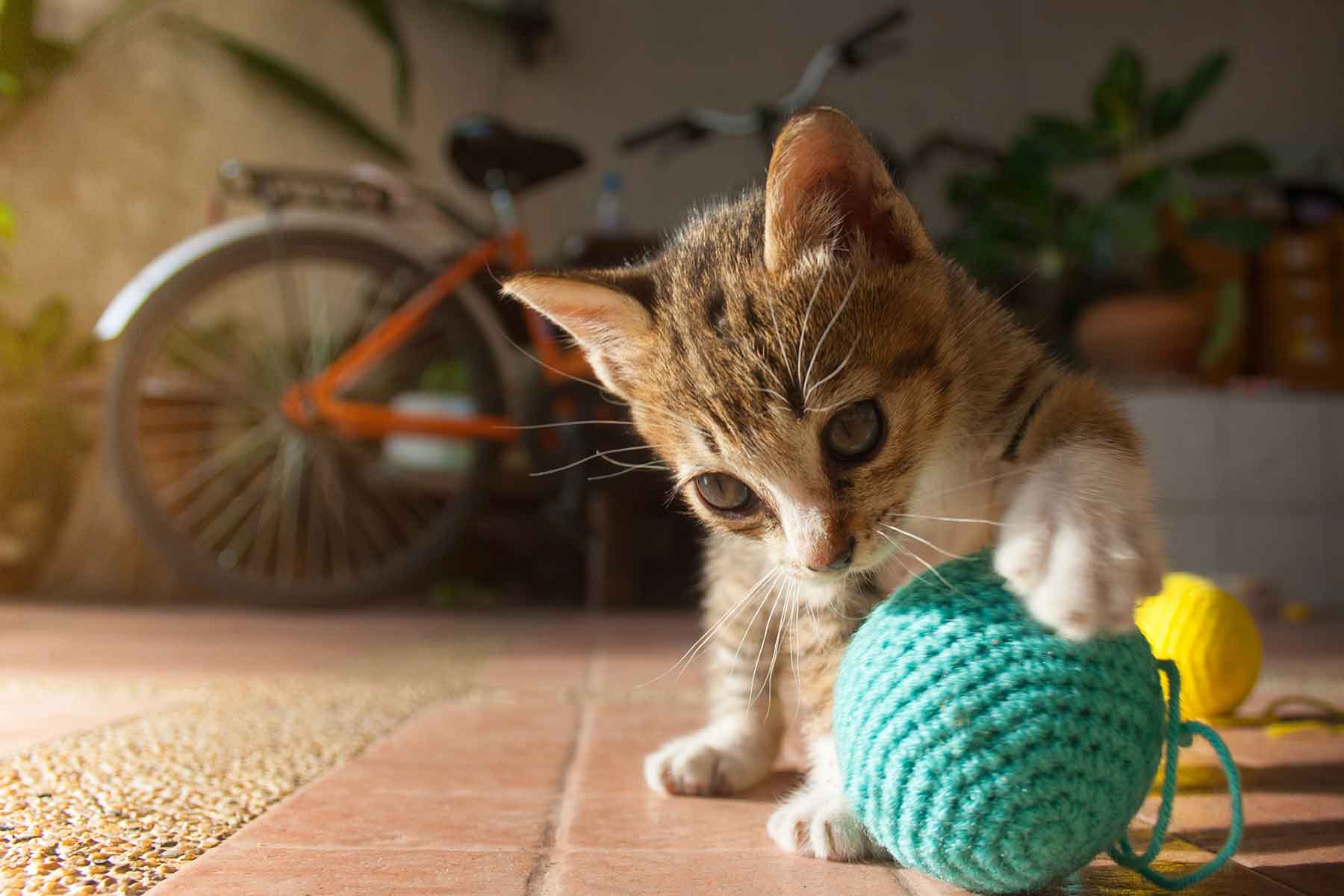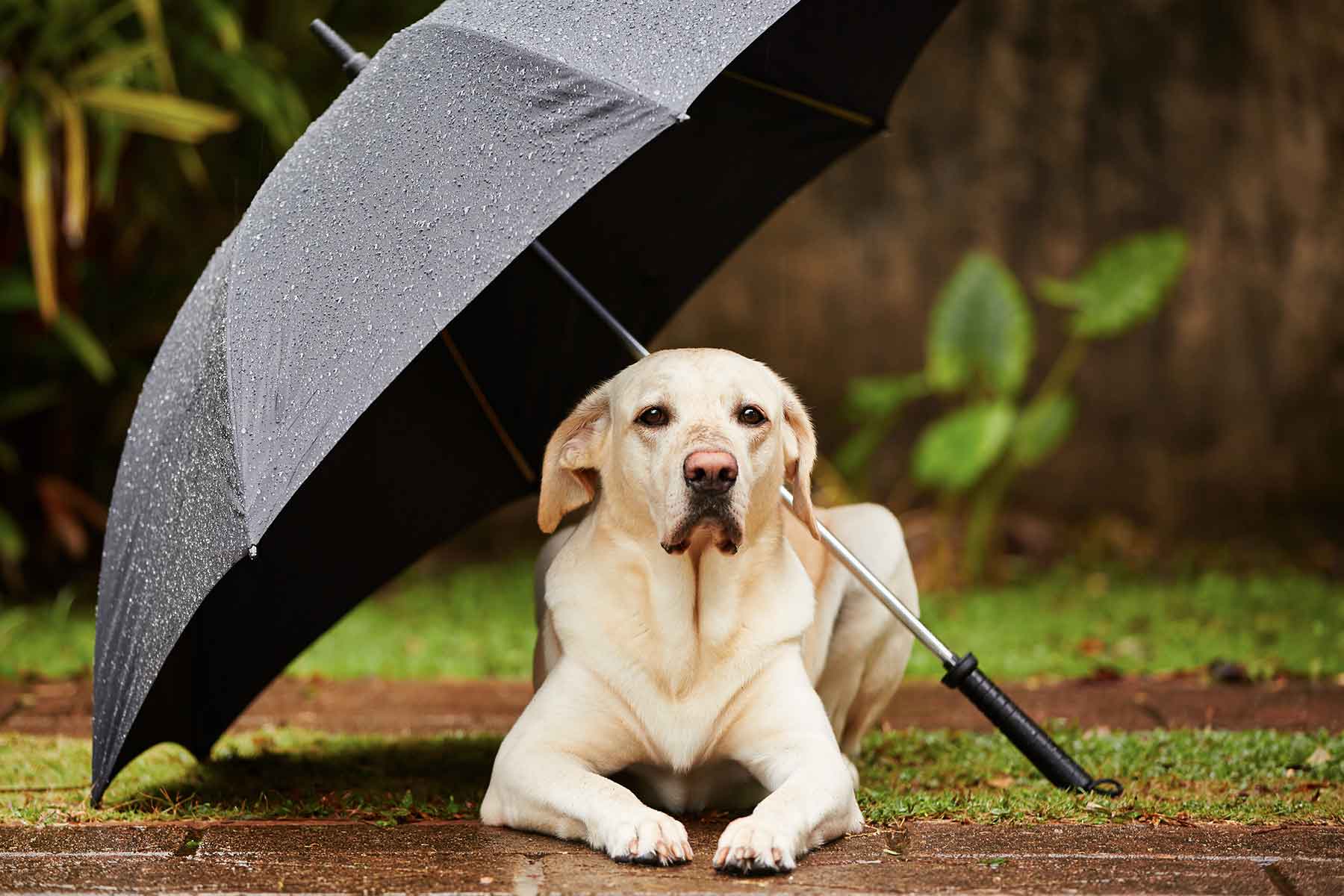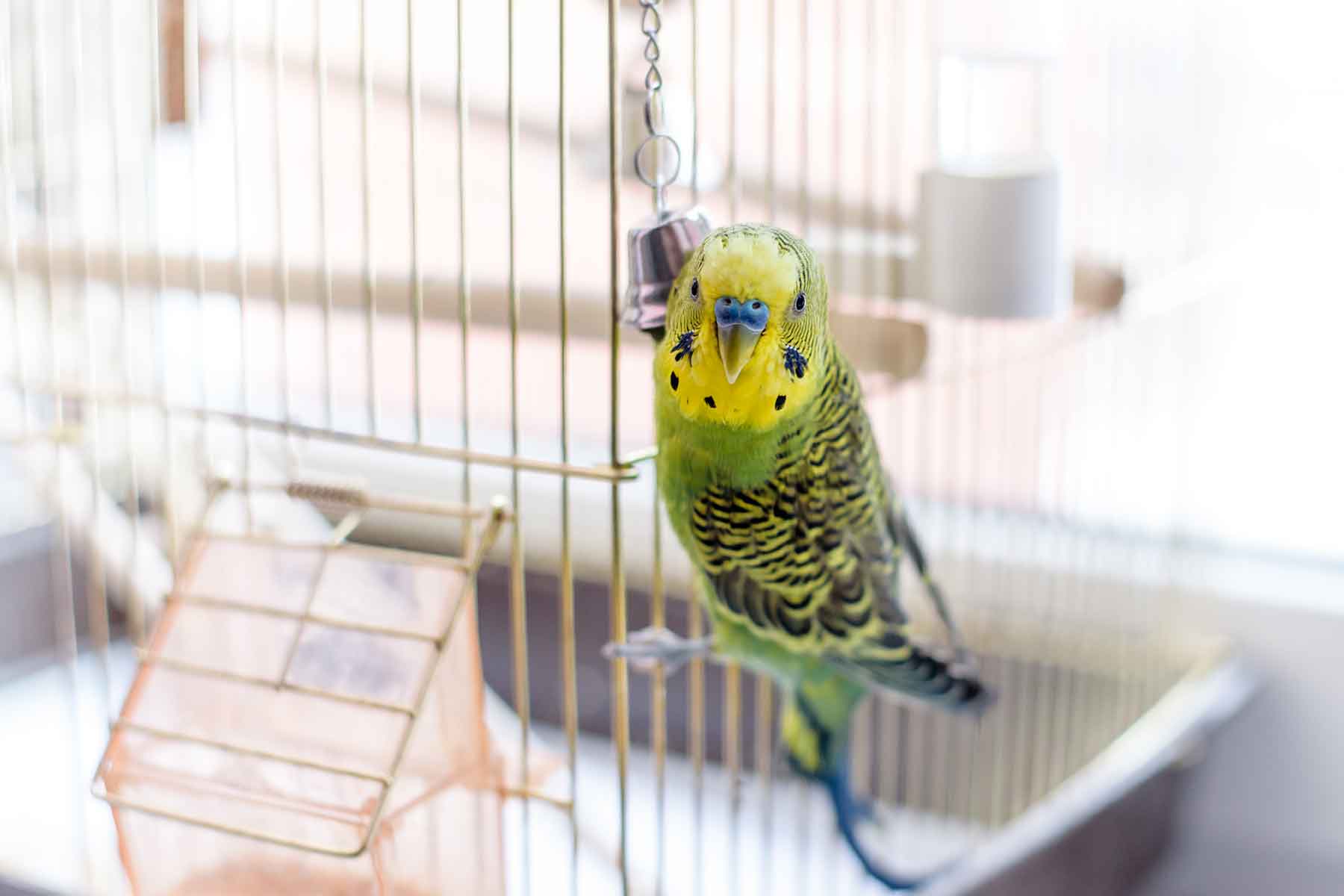The Ferret is an intelligent and curious animal that loves to sleep. When awake they are lively, active and like to be kept busy. Ferrets are becoming more popular as pets, an easy care pet with a big personality, they have lots to offer!
Health check-ups
Regular health check-ups are the cornerstone of a preventative health program for your pocket pet in the years ahead. Regular check ups allow us to catch any illness early and we can inform you of the newest and best options in pet medicine.
Vaccinations
These are very important because they will protect your pocket pet from disease.
Ferrets require two vaccinations for distemper if they are less than 12 weeks old. A booster is then due every 12 months.
Parasite control
The following are some guidelines for parasite control in pocket pets.
Fleas
Ferrets can pick up fleas from either cats or dogs. Please ask our health care team which product would be the most suitable for your pet.
Mites
Ferrets can pick up ear mites transmitted from dogs, cats and other ferrets. If your ferret is showing signs of discomfort around the ear area, a veterinarian should examine him/her so the condition can be treated and your ferret made more comfortable.
Products for the treatment of parasites change regularly, we strongly recommend contacting your veterinarian for the latest advice.
General health care
Ferrets are prone to catching colds and flu from humans. This means if a member of the family is sick with cold like symptoms they should have miminal contact with ferret/s. As long as you feed your ferret a well balanced diet and contact is minimised between the ill family member, your ferret should be fine.
Feeding
Ferrets are strict carnivores. Science based cat/dog food are suitable as a diet for ferrets, ask our team for more information. Your ferret can also be fed a supplement of raw or cooked meat.
Feed your ferret in the evening and remove any uneaten food to prevent disease and contamination.
Desexing
If you are not planning to breed from your pet, desexing is recommended. It ensures a calm temperament and reduces the likelihood of some serious diseases. In males it also reduces odour during the breeding season.
Mature ferret females will remain in heat until mated. This can lead to Pyometra, a condition of the uterus, which may be fatal. Therefore, unless planning to breed your ferrets, desexing of both males and females is recommended. The female ferret will commence their first spring (heat) at 6-9 months of age. The best time to spey is before the first heat. On the other hand males should be desexed at 7-8 months of age.
Nail trimming
Ferrets all have continuously growing nails that need to be trimmed regularly.
Ferret housing
Ferrets require a secure area where they can sleep and exercise. A ferret house should be raised from the ground and be water, weather and light proof. Make the entrance/exit hole to your ferret’s house approximately 8-10cm (half curve) which is well away from the weather. Inside a generous blanket piece is the best material for bedding. Do not use shredded paper or straw as it offers little insulation and can lead to health problems.
Place your ferret’s house inside a secure exercise area which can be accessed at all times. The exercise area should incorporate pipes/tubes as well as platforms for your ferret to play and explore. Ferrets can dig so make sure the perimeter is dug well into the ground. Of course your ferret will need a water bowl which should be kept away from bird litter and leaf contamination.
Toilet training
Ferrets are creatures of habit so you will notice they will go to the toilet in the same area. Place a newspaper lined litter tray in your ferrets exercise area which can be cleaned and replaced daily. For more basic training, read our article on Training your Ferret.
Ferret Stats!
- Life span – 5 to 9 years
- Average adult body weight 0.5 to 2 kg
- Gestation – 42 days
- Litter sizes – 1 to 18
- Puberty – 6 to 8 months
- Female Ferret – jill
- Male Ferret – hob
- Young Ferret – kitten
FAQ
Can you take a ferret for a walk?
Yes, special harnesses are available and your ferret will love the chance to explore new places (just make sure their vaccinations are up to date )
Do ferrets bite?
All animals bite but as long as your ferret is well cared for and handled appropriately they have no reason to bite.
One or two ferrets?
Just like us humans some ferrets prefer to live as individuals, and some love the company of others. The benefit of having more than one ferret is they have the advantage of keeping each other company. A lone ferret will need greater human interaction.











